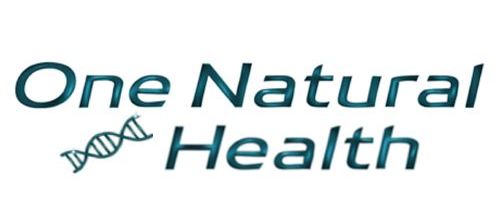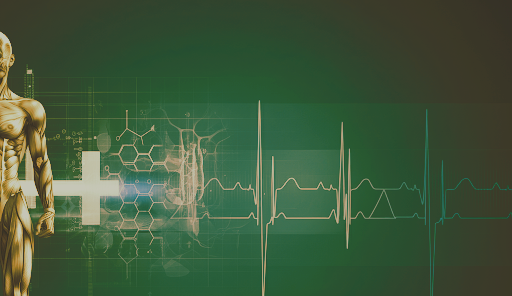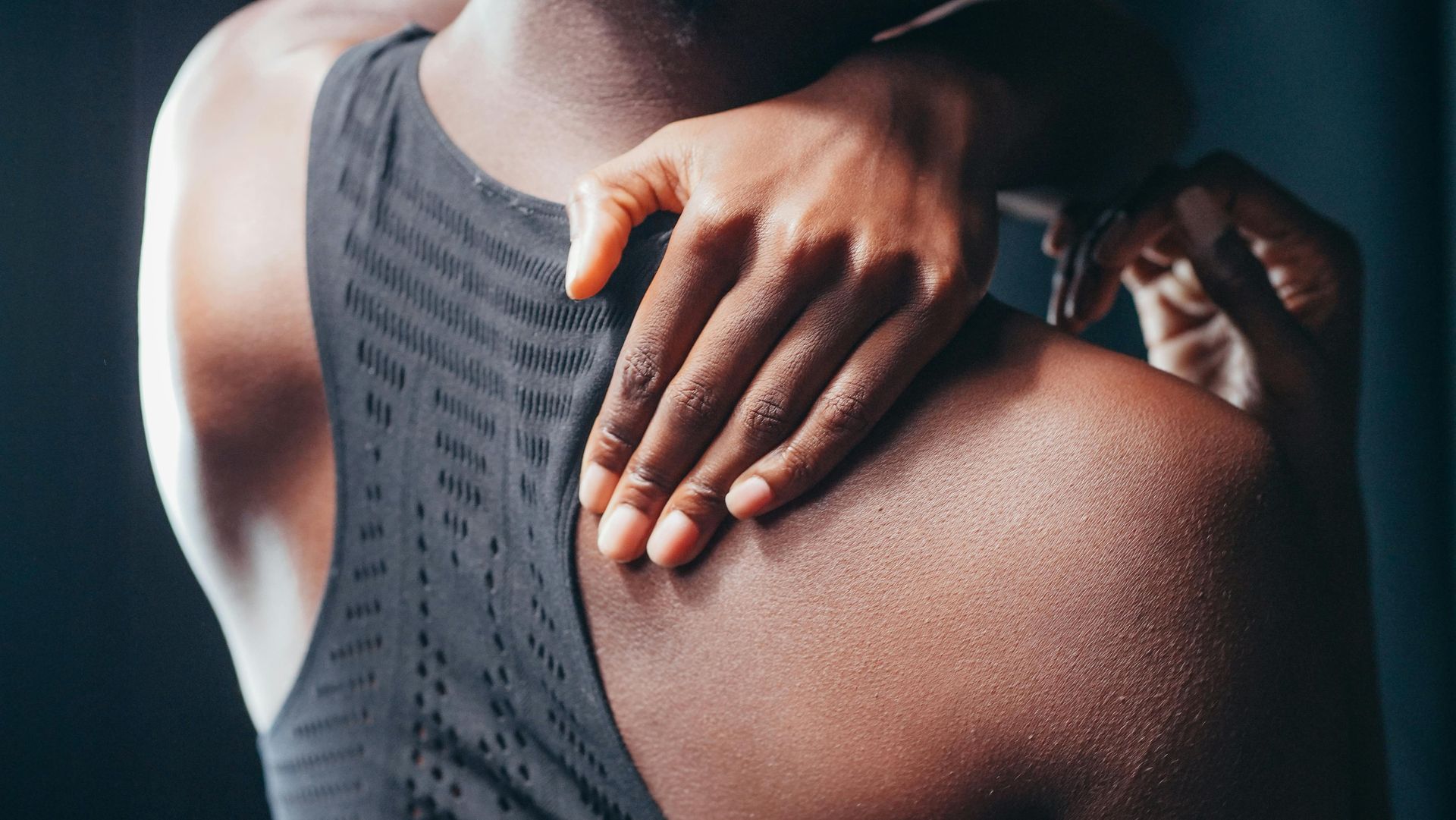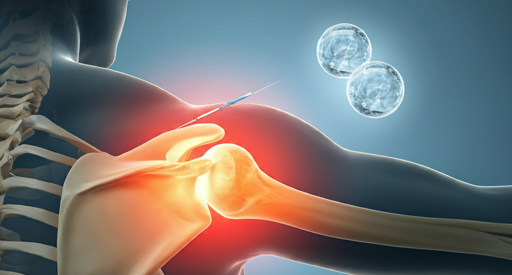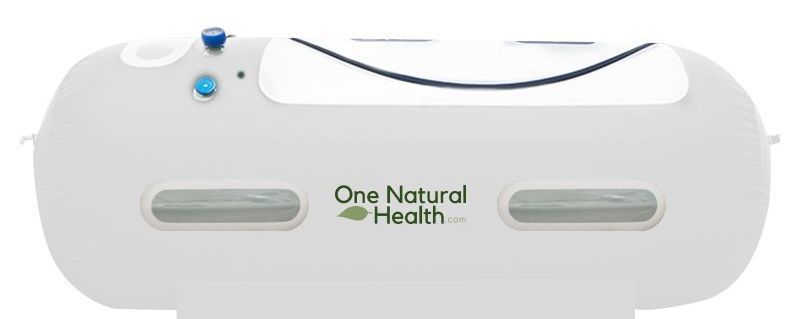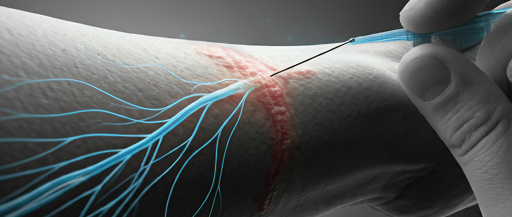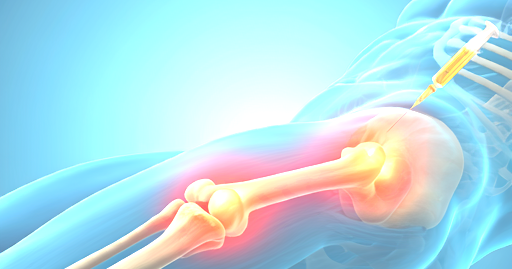WHY YOU SHOULD HAVE NO CAFFEINE AFTER PRP
Overview
Caffeine Causes Inflammation Which Interferes with PRP Healing
Caffeine decreases Platelet Function
Dangers of Caffeine before and after PRP
Learn the Reasons to Reduce Caffeine Intake along with PRP Therapy Injections
Intro to Caffeine and PRP
Caffeine is a part of people’s lives, more than 88% of Americans have caffeine each day. While caffeine helps keep us awake and alert, it causes bodily changes that affect the results and healing of PRP Injections. Caffeine alters platelet functioning, hydration levels, and blood vessel dilation needed for circulation of oxygen and nutrients to repair tissues. Disrupting these processes can impair the healing and regeneration necessary for PRP therapy to work.
Can I Drink Coffee After PRP Injection?
Many patients ask, “Can I drink coffee after PRP Injections?” Yes!
There are both positives and negative to drinking coffee after PRP Injections.
How Long to Avoid Caffeine After PRP Injections?
Try not to drink caffeine for 1 to 3 days after PRP, though do not go through caffeine withdrawal, which is worse than having your tasty morning coffee.
How PRP Works
Platelet rich plasma (or PRP) is made from your blood. The blood sample taken is spun down to separate the platelets from the blood plasma and red blood cells. PRP contains your own growth factors, which signals your body to repair and heal at the injection site. It can also be used to promote new growth and restore volume. They react to injury and form new cellular growth.
Here are our Pre-PRP Treatment Instructions:
1 Week Before You Treatment
Increase your fluid intake (water). Aim for 8 glasses per day. You will need to hydrate if you do exercise. It is recommended that you drink 10-12 glasses of water daily. Substitutions such as coffee, milk, juice, sports drinks, and alcohol are not included in the recommendation for 10-12 glasses.
When possible, eat nutritious meals. Try to eat lots of fresh fruits and vegetables, lean protein (meat, poultry and fish), and complex carbohydrates. Whole grains are preferable to white bread and sweet potatoes. ).
It is important to ensure that your diet contains adequate amounts of vitamins B, C, and D.
Three Days Prior to Your PRP, Avoid Alcohol
Reduce or stop smoking three days before your procedure. We believe that smoking has a negative impact on healing.
For 3 days prior to your procedure, avoid Aspirin, Advil and Motrin as well as Ibuprofens, Motrins, Naproxens, and Voltarens. If possible, for 7 days. Because PRP works through inflammation, we want it to happen. Tylenol may be used to treat any joint, pain or discomfort you might have.
You can apply ice gently to any areas that have been treated if you notice swelling.
What to Avoid During Your PRP Treatment
Through a simple blood draw, our trained nurses extract your own PRP from your arm. The blood is then spun down in a centrifuge. We are then able to separate the plasma and platelets – the “liquid gold” or PRP. The PRP is then injected into any area of concern. You can return to your normal routine immediately.
Post-treatment Skincare:
- Do not engage in strenuous activities for 24 to 48 hours, as it can slow down the healing process.
- For the next three to ten days avoid alcohol.
- If possible, avoid smoking for 3 days. It makes a huge difference in healing.
- Avoid caffeine for 24-72 hours after treatment. Caffeine is found in many things, including tea, coffee, energy drinks, and supplements for the body.
- For 3-7 days after PRP, avoid Aspirin, Advil and Motrin as well as Ibuprofen. Inflammation is what we want!
What to Decide about PRP and Caffeine/Coffee ?!
Can I drink coffee after PRP Injection? Yes, you can. Should you drink coffee after PRP,, for maximum healing simply minimize all caffeine intake. To learn more about PRP Injections go to One Natural Health now
